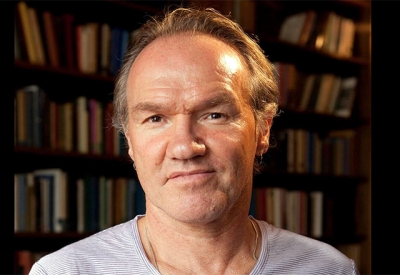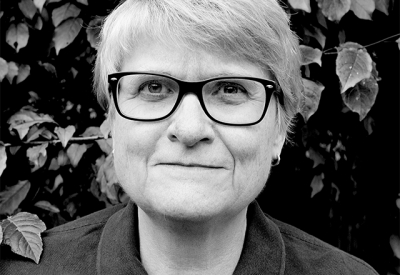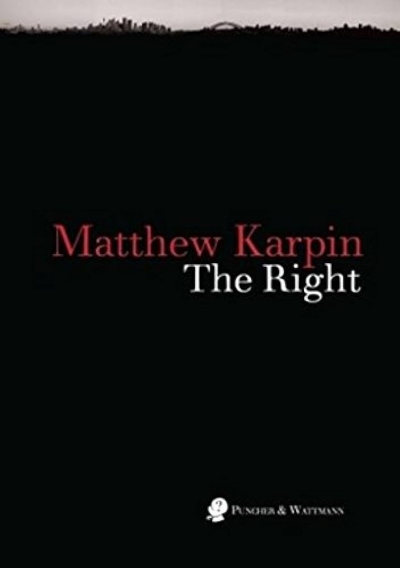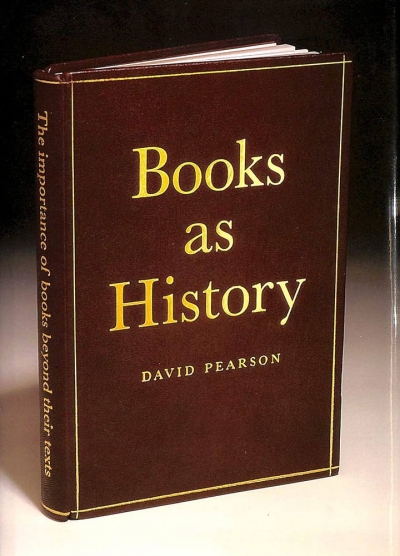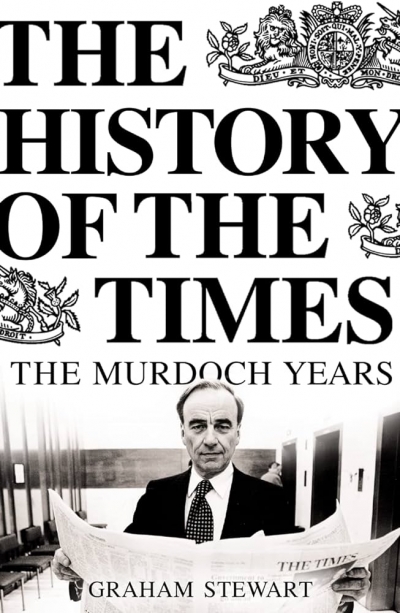Biography
Frank Moorhouse: Strange paths by Matthew Lamb
Frank Moorhouse: Strange paths has no introduction, but Matthew Lamb describes it in his author’s note as ‘the first in a projected two-volume cultural biography of Frank Moorhouse’, covering the long writing apprenticeship of 1938–74 during which Moorhouse ‘br[oke] into the literary establishment, on his own terms’. Lamb does not explain his use of the term ‘cultural biography’ within the book, but the term is apt to describe how ‘biography intersects with social history’ as the book tracks Moorhouse’s ‘negotiation of shifting social conventions and historical moments’ (as Lamb puts it in an article on the Penguin website titled ‘“When the facts conflict with the legend” – How does a biographer balance storytelling with the truth?’).





















